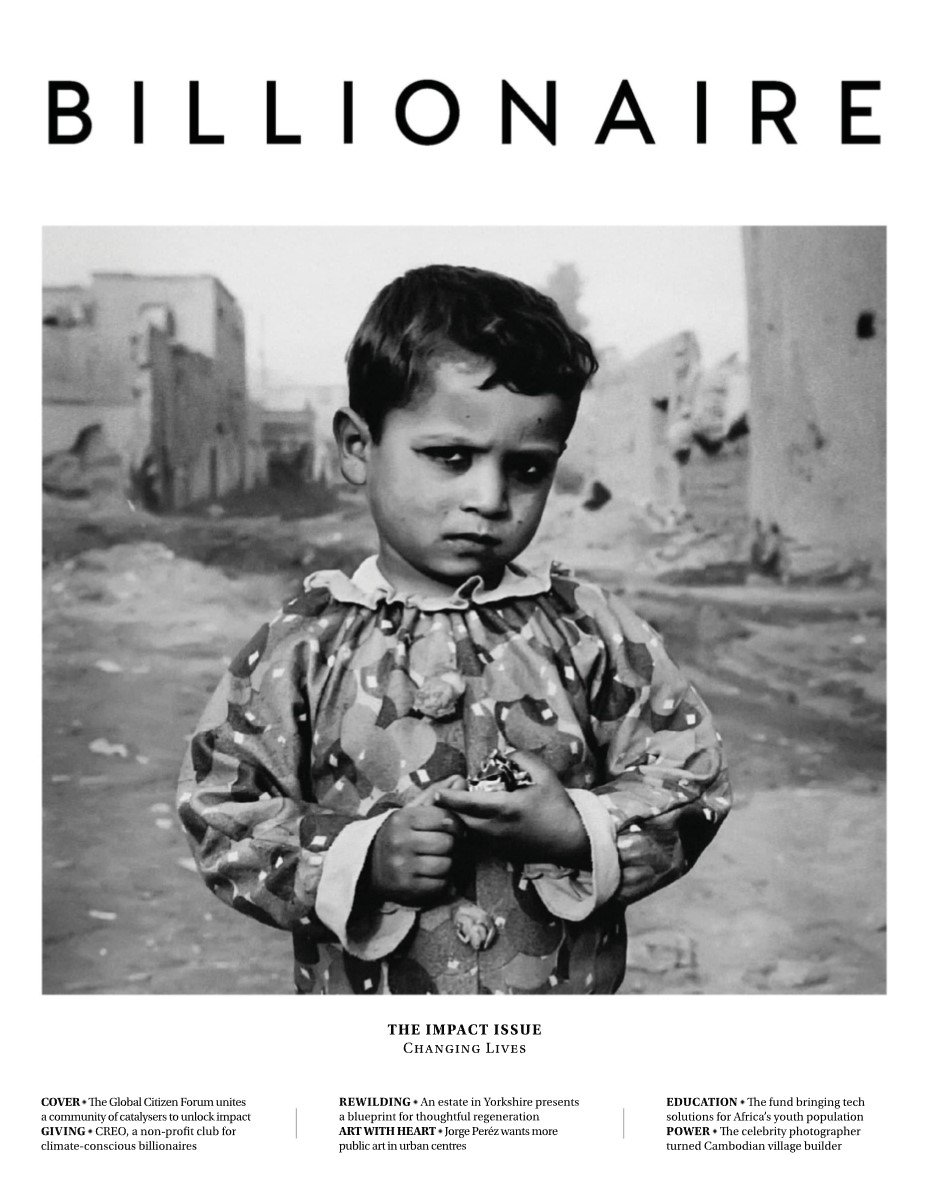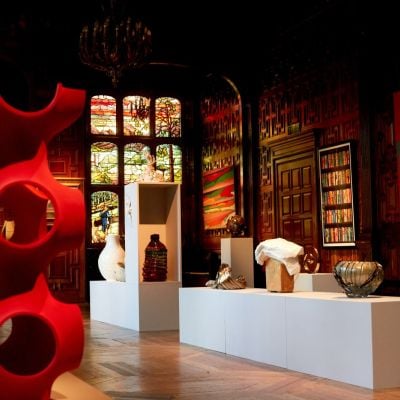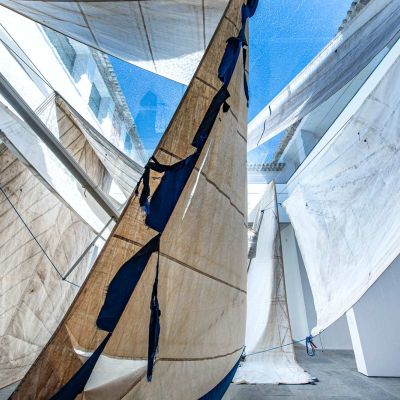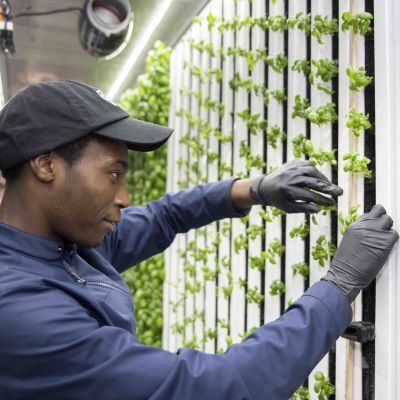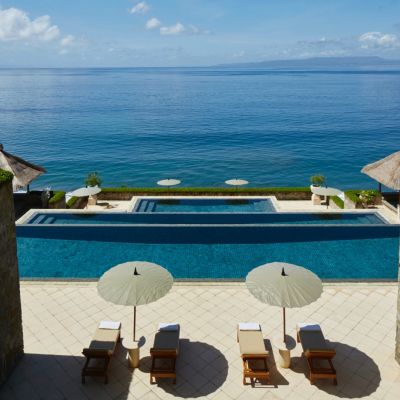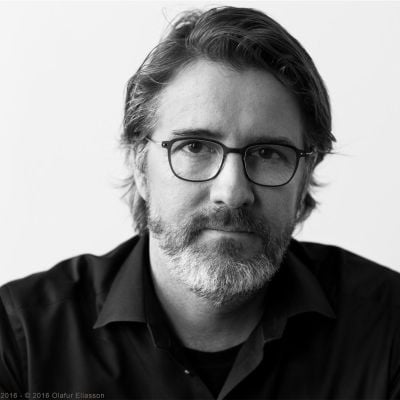Syndicated Sustainability

Creo Syndicate is a low-key club for the world’s richest families to fight climate change.

Growing up in Montreal, Régine Clément has a deep-seated love of the natural world, one fostered by memories of hiking with her mother or relaxing at the family’s serene, lake-side cottage.
That love of nature and concern for the environment eventually motivated Clément to launch Creo Syndicate, an exclusive, members-only non-profit bringing together the world’s wealthiest families in an unprecedented and, at times, unlikely alliance to combat climate change.
What may sound like a secret society fit for a sci-fi thriller is actually a very real beacon of hope for the future of our planet. Creo, which stands for clean, renewable and environmental opportunities, provides its privileged, invite-only membership of more than 200 family offices with counsel on the strategic deployment of both private and philanthropic capital, wielding their collective financial might in a concerted effort to decarbonise the global economy.
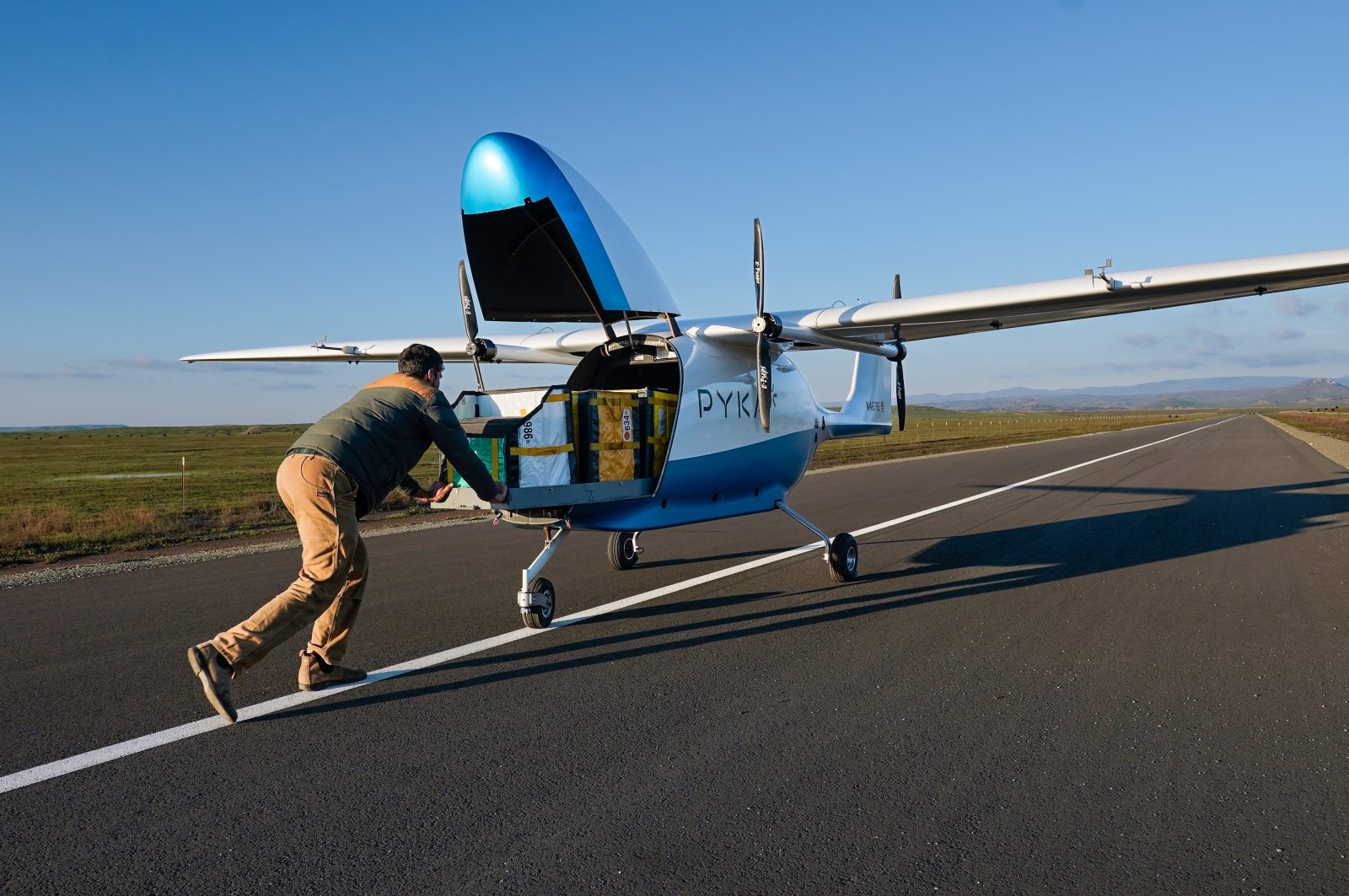
The idea for Creo came together for Clément following the launch of Michael Bloomberg’s PlaNYC programme in 2007, a sustainability roadmap for a large city with initiatives spanning parks, waterways, housing, waste management, and more.
“[PlaNYC] impressed me for two reasons,” says Clément. “First, it made so much sense for a city to view sustainability across all facets, as a lens and not sector and, second, because it was launched and implemented so rapidly,” something Clément attributes to the fact that Bloomberg didn’t have to fundraise for his campaign, given his substantial net worth, estimated at $96.3 billion according to Forbes. “I remember thinking only an ultra-high-net-worth (UHNW) individual like Bloomberg could pull this off.”
This observation jelled with Clément’s earlier experience working with the Canadian Technology Accelerator (CTA) for Cleantech, which she co-founded, where she witnessed family offices' continued investment in clean-tech well after the 2011 bust. When asking herself why family offices were able and willing to invest in clean-tech while others were running in the opposite direction, she came upon a critical insight.
“These families have the ability to take a longer-term view. They have strong convictions that we need to think differently about our future, do not have to report to anyone but themselves and are in a position to do what they deem important.”

This willingness to take on higher-risk investments, she realised, was key to advancing new technologies and markets to that critical tipping point where more standard sources of capital could follow suit, making the option to move away from polluting and extractive industries less of a choice and more of an inevitability.
Yet despite all the conviction behind this capital, what these influential families and individuals lacked was know-how. This is where Creo comes in. Its role extends beyond a traditional investment platform. Rather, it serves as a knowledge hub, providing actionable data and research, and facilitating investments for a growing network of UHNW individuals and families, family offices, foundations, and family-controlled businesses. Its network of powerful and mission-aligned peers also creates unique and valuable opportunities.
“We’ve started mapping out the companies that our families own, not just their investments, in order to see where we have concentrations,” says Clément. “Recently, we realised we had 18 shipping families within our network. Now, we’re working with this group to see if there is an opportunity to connect, for instance, their shipping businesses with the companies working to decarbonise that industry. There’s an opportunity for some of these families to make early commitments by, say, pre-ordering ammonia-fuelled ships and sharing best practices around these solution sets.”

Members of Creo are incentivised to evolve their industry toward a green transition as fast as possible, because the faster that transition occurs the sooner they can create a marketplace where these solutions are viable.
“We talk often about how to make these investments ‘boring’ and by boring I mean normalised to a point where conventional capital can enter the space,” says Clément. “We don’t have the 12 years it took for solar tech to become commercial, so at Creo we’re working to inject enough capital to create momentum in the marketplace until there is enough incentive for more capital to come in.”
Some may be hesitant to trust those who built their wealth on extractive and polluting industries to be the ones creating meaningful change. Clément is not.

Port of San Diego © Builders Vision
“Our style is to engage, to meet stakeholders where they are, and partner with them to always do more. Some of our members move fast, others more slowly, but they are always moving in the same direction: forward.” Clément believes in the need to create space for people from all backgrounds to be their best, and do their best work. That includes working with some families from the oil and gas industry, including one of Creo’s founding members: a long-time Texas oil and gas family who have also been among the state’s leading advocates for a clean-energy transition. “That family has courage,” says Clément, “and that is what we need more of in this transition, we need courage.”
Of course, that doesn’t mean Creo will accept anyone into the fold. Members must have assets of at least US$100 million, as well as pay a very reasonable flat fee, which makes up about half of the non-profit’s revenue.
“The families we work with are good people. How do I know that? Because we’re highly thoughtful about who we choose to invite into this community.” Before being accepted into Creo, prospective members spend a lot of time with Clément and her team, who work to understand their motivations, as well as the degree to which they understand and appreciate the inherent complexities around climate change. They must also plan to make an initial investment in climate and sustainability within six months of joining. Finally, members must be open-minded, willing to learn and willing to collaborate. “If someone comes to the table thinking they have all the answers, that doesn’t work for us,” she says.

Today, the aggregated portfolio of Creo’s members boasts more than 1,400 climate and sustainability companies and 250 climate-related funds. Members span the globe and include Lukas Walton’s foundation, Builders Vision, which offers a range of philanthropic and impact-investing tools to seed and scale innovations across key areas: food and agriculture, climate and energy, oceans and community; The Nest Family Office in Belgium, which invests in more resilient food systems, including regenerative agriculture, low-emission protein and sustainable aquaculture; and Indonesia’s Gunung Capital, formed by one of the country’s prominent steel families to invest in solutions that will decarbonise their industry.
“Because climate change is a global challenge, it is important that we build a global strategy and partner with a global community of families to lead our work.”
This article originally appeared in Billionaire's Impact Issue. To subscribe click here.

